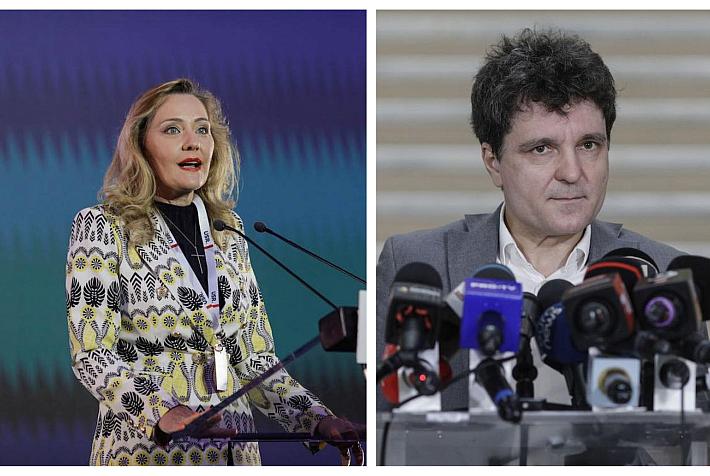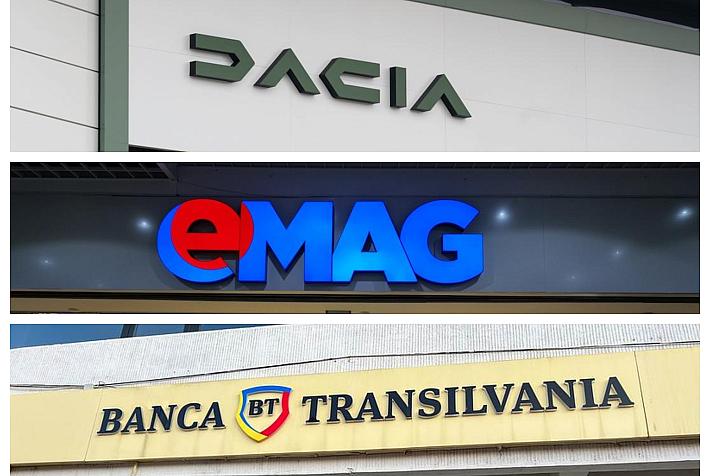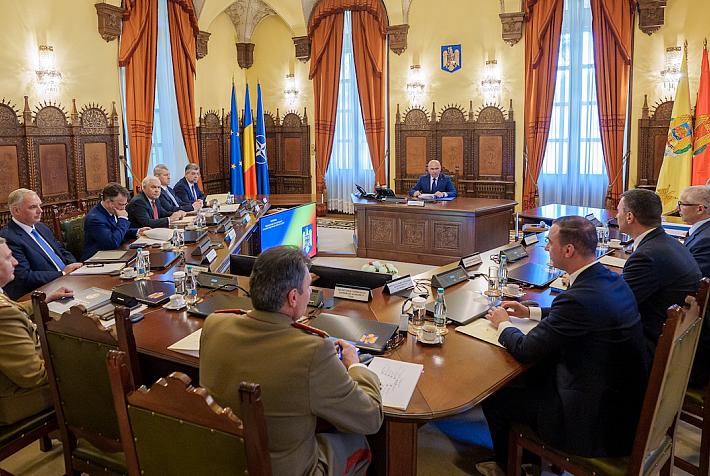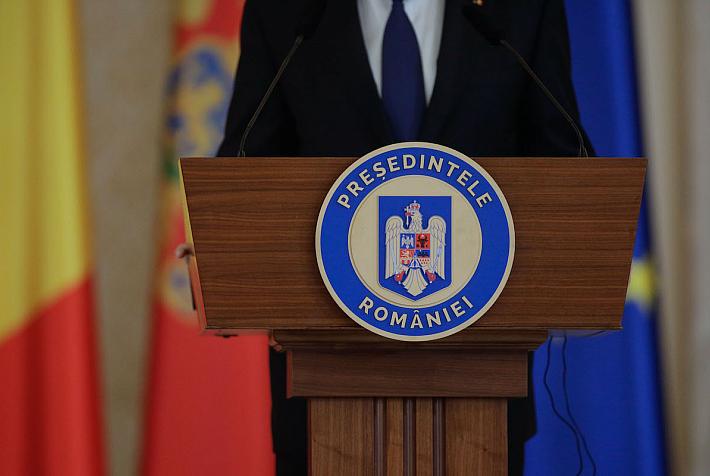Financial Times considers how best to bring Romania in line with EU
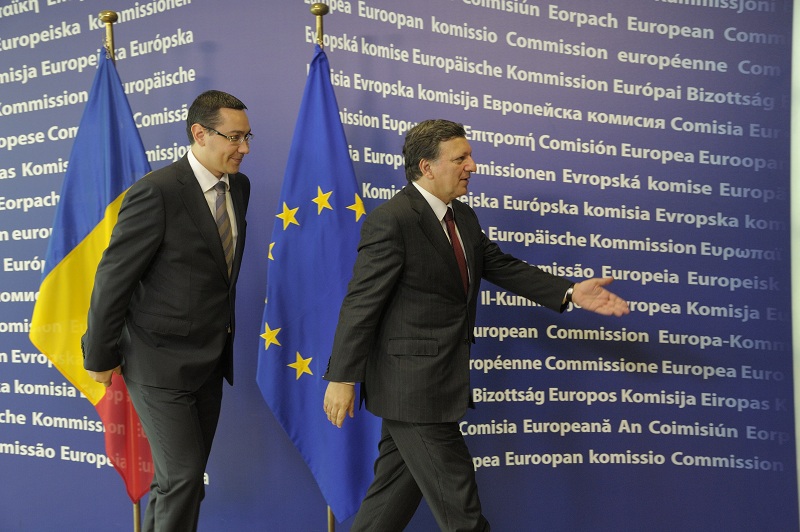 Romania's political turmoil continues to make international headline with an article published by British publication the Financial Times yesterday ( July 15 ). The article refers to a set of constitutional reforms due to be signed today by PM Victor Ponta, which, according to the Financial Times (FT), the EU wants to see reaffirm democracy in Romania.
Romania's political turmoil continues to make international headline with an article published by British publication the Financial Times yesterday ( July 15 ). The article refers to a set of constitutional reforms due to be signed today by PM Victor Ponta, which, according to the Financial Times (FT), the EU wants to see reaffirm democracy in Romania.
Following his meeting with Ponta last week in Brussels, EC President José Manuel Barroso said he “welcomed the assurances he received from Prime Minister Ponta that the measures falling under the powers of the government will be undertaken immediately and that he will make every effort to seek a similar commitment from the other Romanian institutions.”
In the meeting the EC president expressed serious concerns over democracy and the rule of law in Romania. According to the FT, “there is anxiety among some European lawmakers that the commitments made by prime minister Victor Ponta may end up being nothing.”
The FT also raises the point that present goings on raise questions over the power the EU has when protecting the rule of law in member states. The power to intervene was deliberately limited, according to Heather Grabbe, director of the Open Society Institute, a Brussels NGO. Quoted by FT, Grabbe said, “The EU has always accepted that member states would join with very diverse constitutional arrangements and that’s fine as long as they obey their own rules.” But, she adds, this causes problems when countries fail to obey their own rules.
The FT highlights Article 7 of the Lisbon Treaty as the EU's severest punishment for misbehaving members. Under Article 7, states can receive sanctions, including stopping voting rights, but its severity makes EU members reluctant to use it, according to FT. Stopping voting rights in the European Parliament is unprecedented, but was recently suggested as a punishment for Romania by German MEPs.
The FT suggests various measures the EU could use for Romania. As Romania is still under supervision as new member state, the EU could extend this period beyond its normal timetable. Delaying accession to Schengen area is another possible measure and the FT also suggests the holding up of EU funds. However, according to the FT, even these tough sounding punishments would be ineffective against Ponta, who is considered as being more interested in domestic issues than in EU affairs.
The full article on FT is here.
Liam Lever, liam@romania-insider.com
(photo source: ec.europa.eu)






